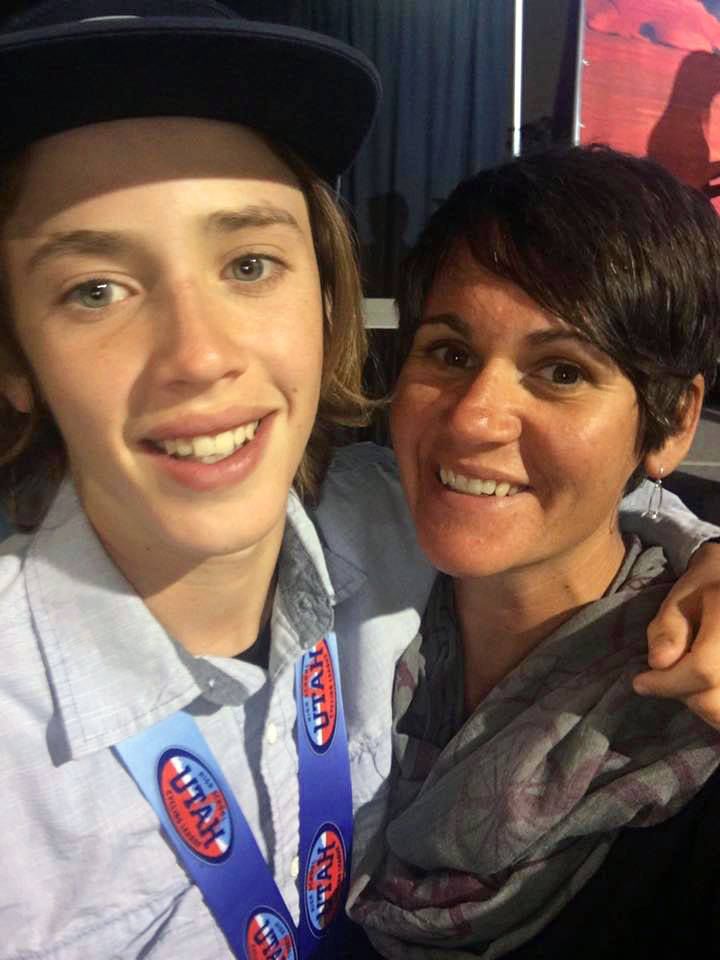Some information may be outdated.
Being diagnosed with a terminal illness can be a completely overwhelming experience, depending on where a person is in life.
Processing the diagnosis and prognosis can be extremely emotional in addition to dealing with the physical symptoms. Developing a trusting relationship with your physician is key to laying a foundation for quality at the end of your life.
As the director of Grand County Hospice, a local nonprofit organization, I often see individuals and their families coming to us when death is very near. It is important to realize that hospice services can be utilized much, much earlier. The knowledge and care that can be provided by a hospice team is invaluable not only to dying individuals but also to their families. Early conversations with physicians about end-of-life preferences and services often lead to earlier hospice referrals, which overwhelmingly improves the end-of-life experience for both the dying and their loved ones. With enough time, a trusting therapeutic relationship between your physician, the hospice team, and you and your loved ones can be established, resulting, ideally, in peace, acceptance and comfort.
Leading experts in end-of-life care at the National Hospice and Palliative Care Organization recommend that individuals spend at least 90 days on a hospice service to receive the optimal amount of care. The full six months allowable is even better. Unfortunately, the median hospice stay is 20.6 days. Many families who had loved ones with short hospice stays have reported wishing they had had more time in hospice care. We get constant feedback from our families that they “could not have done it” without us and they express extreme satisfaction with the hospice service.
There are many barriers to early referrals.
Initiating a conversation with your family or your doctor about your own death is not exactly easy. We find that many families fear that getting hospice involved means they have “given up” on their dying loved one. Discomfort and hesitancy around having this conversation can create resistance toward hospice care, which often results in a chaotic, last-minute hospice admission.
If possible, anticipation of the need for hospice services early can allow for a death with dignity that also establishes a web of support for your loved ones as you move on. If you find yourself in this position and your physician does not broach this topic, I want to strongly encourage you to advocate for yourself. This is your life. You have control of what the end could look like. Face it bravely and have the courage to create the experience you would like. I know the physicians in this community well. They are more than happy to speak with you about this, and even more willing to support you on your journey.
Most insurance policies cover 100 percent of hospice services. Medicare has a very comprehensive benefit covering physician, nursing, social work, volunteer and spiritual counsel services, as well as medications and any necessary medical equipment at no charge to the individual.
To be clear – I’m not writing this to increase my patient load. I am writing this because I have witnessed the magical transformation in my patients as they move from fear and denial to peace and comfort. It is overwhelmingly beautiful. I want more people to experience that.
People are dying in this community whether they are on hospice or not. I cannot imagine a situation where hospice isn’t the better choice. And the sooner we are by your side, the better.
Jessica Walsh, BSN, RN, is the director of Grand County Hospice, a not-for-profit hospice organization founded in Moab in 1998.
Appreciate the coverage? Help keep local news alive.
Chip in to support the Moab Sun News.



